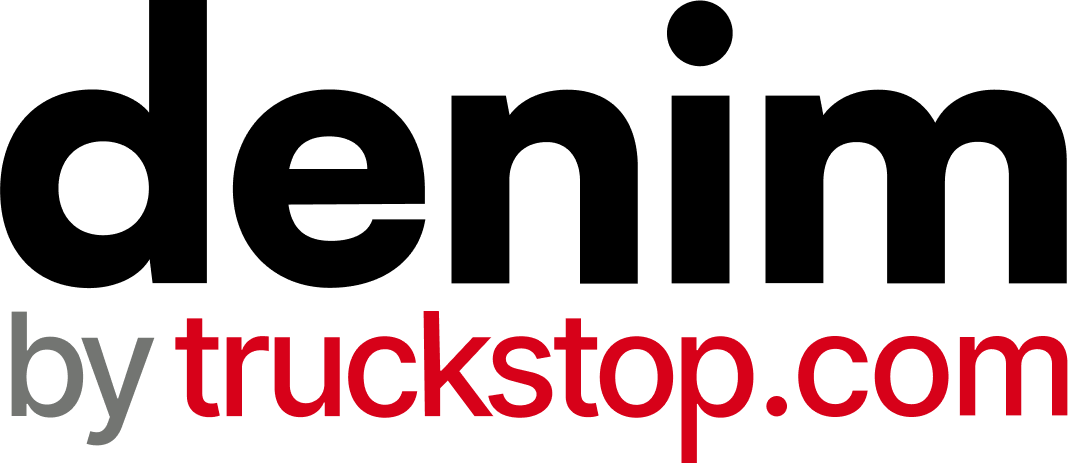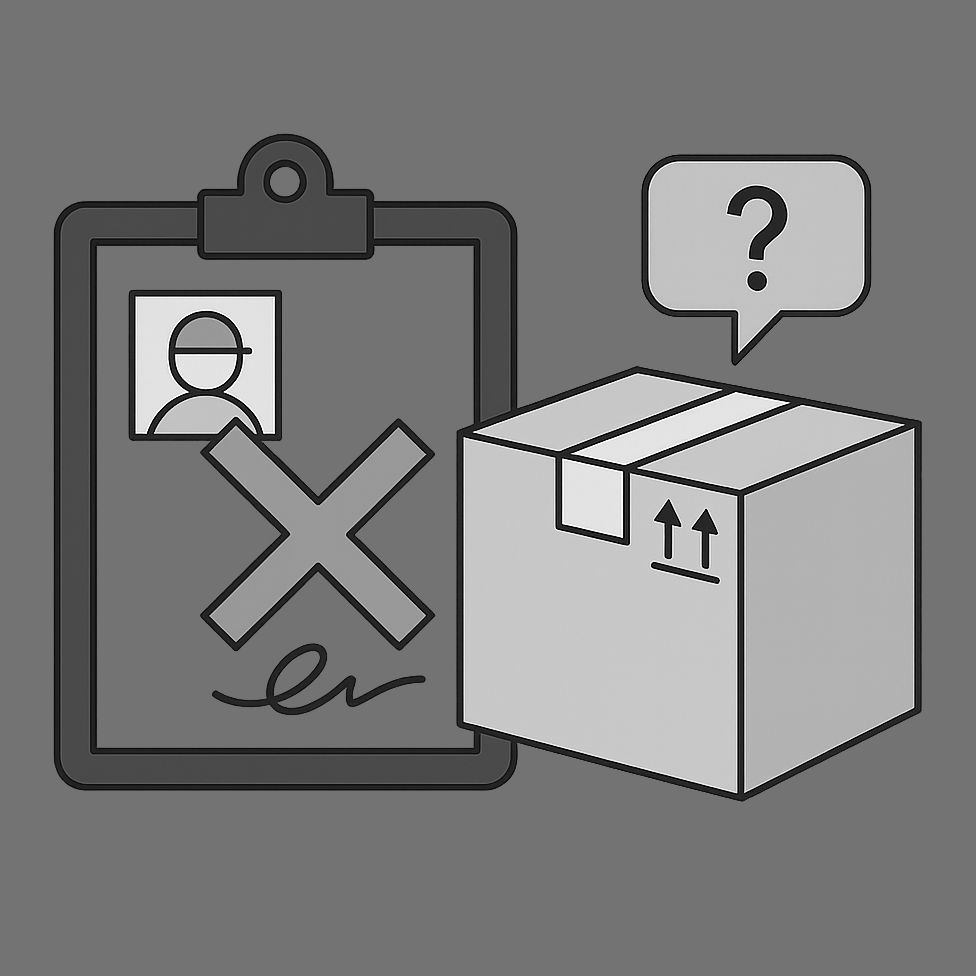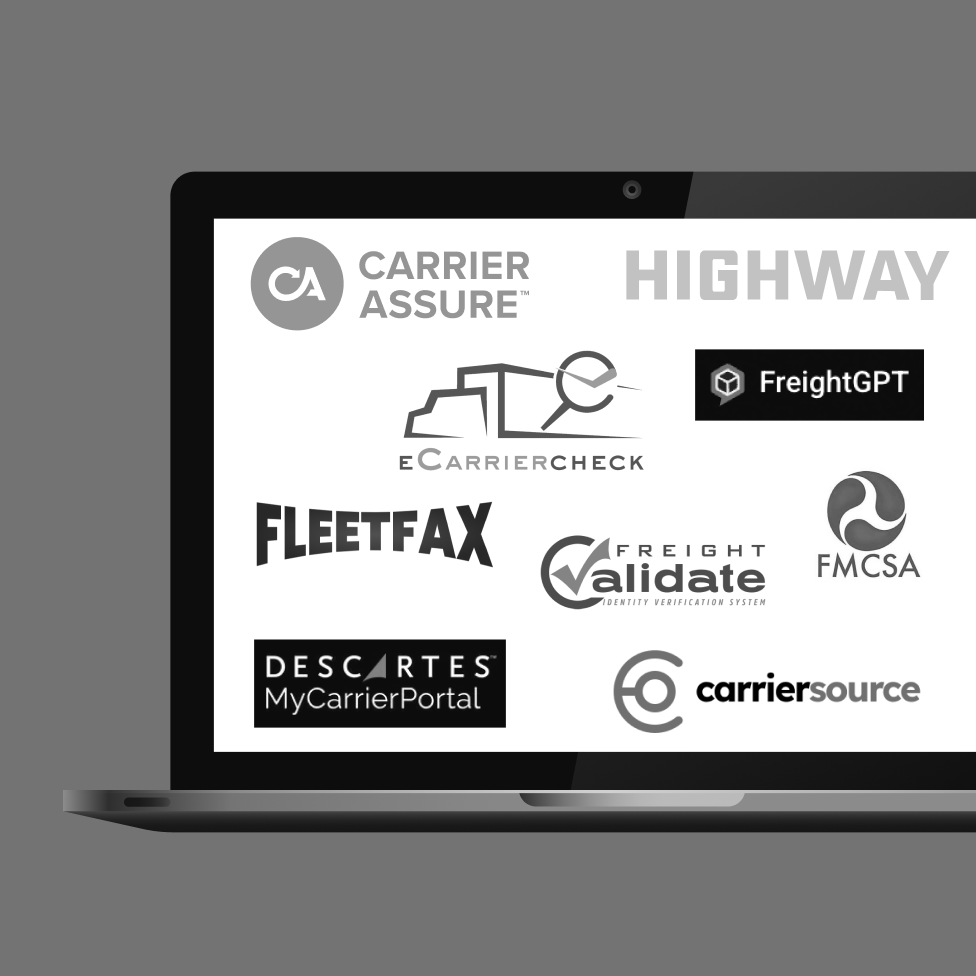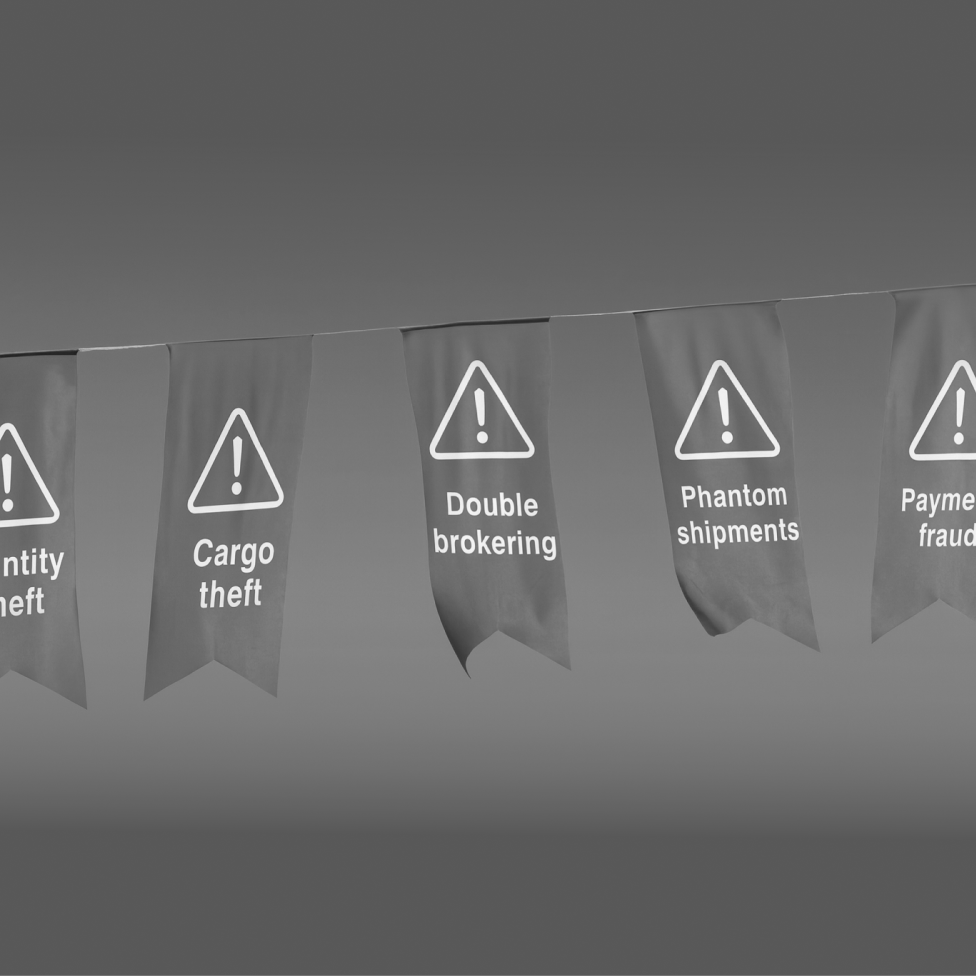The Denim team had a great time at this year’s Broker Carrier Summit in Indianapolis—and not just because we won the Post and Pray Golf Tournament.

The event brought together brokers, carriers, and tech leaders to dig into the challenges freight businesses are navigating right now: delayed payments, disconnected systems, growing fraud risk, and rising operational complexity. Every topic felt timely—and the conversations reflected just how much teams are being asked to manage at once.
A common thread across the week was the need for clarity. With so many trends moving at once—AI, automation, fraud, financing—many leaders are looking for the same thing: what’s the lowest-lift way to make a meaningful impact on the business right now?
Here are five takeaways that stood out:

We surveyed nearly 100 shippers to understand what drives their decisions and frustrations. Price matters—but service, communication, and back-office ease matter more.
1. Factoring is not a last resort—it’s a growth accelerator
During the session “Cash Flow, Unlocked: How AR & AP Tech Is Fueling Freight Growth,” one message came through loud and clear: cash flow challenges are holding brokers and carriers back—but they don’t have to.

With payment terms from shippers stretching to Net 45 or Net 60, and carriers still expecting QuickPay, that gap is putting a strain on operations. It’s not just about paying bills—it’s about having the flexibility to grow without adding unnecessary risk.
That’s why more brokers are rethinking factoring. When combined with automation and integrated into your TMS, factoring isn’t just a way to access capital—it’s a tool for eliminating manual processes, reducing errors, and speeding up invoicing. Instead of chasing payments, your team can focus on growth.
We also talked about a common misconception: that automating AR/AP or using factoring means cutting staff or losing control. But in reality, it’s helping brokers redeploy their people. One Denim customer, Alliance Logistix, cut invoicing time by 62% and shifted team members into dispatch, increasing monthly volumes by 35%.
This shift in mindset—seeing factoring as a way to unlock opportunity rather than patch a cash gap—aligns with the direction many freight businesses are heading.
2. Operational efficiency starts with the back office
Not everyone at the summit approached automation the same way. Some were actively searching for ways to increase efficiency. Others, particularly smaller operations, were more hesitant—often equating automation with headcount reduction.
But what we heard throughout the event is that back-office work is still too manual for most teams. Whether it’s reconciling spreadsheets, tracking down documents, or building pivot tables just to close out books—it’s time-consuming, error-prone, and not scalable.
Mid-market and larger brokerages are leading the charge here. They’re thinking less about cost-cutting and more about readiness—how to handle more volume, more freight, and more complexity without burning out their teams.
Automation isn’t about replacing people—it’s about clearing the repetitive work so your team can focus on what drives revenue. And when those tools are integrated directly into your TMS, the time savings and accuracy improvements can be dramatic.
“There’s still some friction around giving up control, especially when service is so core to a broker’s brand. But when automation is paired with strong support and transparency—like Denim’s dedicated account representative model—it becomes something brokers can trust to enhance their operations, not undermine them.”
- Joe West, Account Executive at Denim
3. AI is here to help—not overhaul
AI came up often during the summit, but the conversation stayed grounded. Most brokers weren’t chasing hype—they were looking for everyday workflows, useful applications that make daily operations less painful.
The most interest came from clear, ROI-driven use cases: document handling, payment status updates, after-hours inquiries. Not big overhauls—just smart automation of repetitive tasks.
Most brokers I spoke with were “skeptical but open.” They’re not against AI—they just want it to save time without adding complexity. When framed that way, AI becomes less of a risk and more of a resource. It’s not about replacing people. It’s about helping them do their jobs better, with fewer distractions.
Denim’s automated solutions streamline your back-office operations. Explore our solutions to see how Denim can help your business scale efficiently.
4. Fraud isn’t new—but it’s getting harder to spot
Six panels at Broker Carrier Summit tackled one of the most pressing threats in freight: freight fraud.
Fake carriers. Double brokering. Identity spoofing. These aren’t rare occurrences—they’re happening more often, and with more sophistication. What used to be edge cases are now operational risks that every broker and carrier needs to plan for.
A key theme across sessions with Highway, JB Hunt, CargoNet, and Travelers: traditional vetting and carrier onboarding processes just aren’t enough anymore. Fraudsters have figured out how to mimic compliance. They know how to slip past basic MC and DOT checker tools.
“There’s no clear playbook yet—and you could feel that in the conversations. A lot of opinions, a lot of trial and error. But there’s also a sense that tools like Highway and FreightValidate are starting to give brokers real leverage.” - Joe West
But companies aren’t powerless. We heard powerful examples of how brokers and carriers are adjusting—not by throwing money at the problem, but by tightening internal processes, collaborating more across teams, and making smart use of tools like Carrier Assure, Highway, and FreightValidate to catch inconsistencies early.
The goal isn’t just to stop fraud after it happens—it’s to make your business harder to target in the first place.
5. The only way through uncertainty is extreme ownership
The message of extreme ownership came through loud and clear in the keynote address from Nick Klingensmith of Stride Motivation—and it stuck.
The freight market is shifting again. Tariffs, global instability, and volume fluctuations are creating a new wave of uncertainty. But the companies that push through it aren’t the ones with the biggest budgets or the flashiest tools—they’re the ones who take ownership of everything within their control.
That means showing up—every day—for your team, your customers, and your commitments. It means taking full responsibility for your cash flow, your processes, your people, and your performance. Not waiting for perfect conditions. Not blaming the market. Just doing the work.
That mindset resonated with nearly every conversation we had at the event. Freight leaders are looking for control—not perfection. They’re investing in tools that give them more predictability, more visibility, and more confidence in their next move.
Because at the end of the day, no one else is going to build your business for you.
There's a better way

Broker Carrier Summit brought clarity to what freight businesses are navigating—and what they’re prioritizing next. Across sessions and side conversations, the message was consistent: the companies making progress right now are focused on practical improvements. Not sweeping overhauls, but smart shifts in how they manage cash flow, protect against risk, and run more efficient operations.
And just as important as the panels were the connections made in between. Freight is still a relationship-driven industry, and events like this continue to be where ideas are exchanged, partnerships form, and momentum builds.
Looking to plan your next conference trip? Check out our guide to must-attend freight conferences.
Or, if you’re ready to strengthen your back office and financial foundation, start a conversation with our team.
